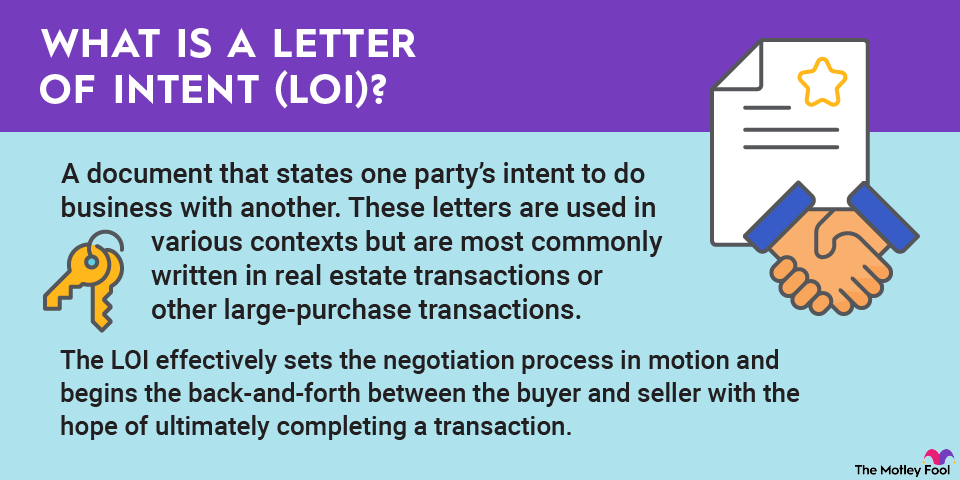If you're doing estate planning or just thinking about eliminating some expenses for your survivors, you've almost certainly considered life insurance. But life insurance can be complicated, and there are many different options to choose from, sometimes making these decisions overwhelming. Let's look at the basics of these policies.

What is life insurance?
Life insurance is a contract between a policyholder and an insurance company that guarantees a death payout if all terms are met. Insurance premiums are paid regularly, generally monthly or yearly; as long as those premiums continue to be paid on time, the policy remains in force per the agreement.
These policies are used for a variety of things, but most people plan on at least a portion of their policy going toward their final rites and burial. Many also plan for their insurance policy to provide wealth to future generations, since life insurance payments are not considered taxable income.
Types of life insurance
There are two primary categories of life insurance: term and permanent. Term life insurance lasts for a specific period -- the term -- and ends at a specific time spelled out in the contract. Terms are commonly 10 to 30 years in duration; some can be renewed beyond the term period, but often only for one year at a time.
The most common types of term life insurance are:
- Decreasing term. Decreasing term life insurance is renewable insurance with coverage that decreases over time at a predetermined rate.
- Convertible term. This is a term life insurance policy that will allow you to convert your policy to a permanent insurance policy without having to reapply.
- Renewable term. These are often an inexpensive way to get life insurance, as the first year is the least expensive, but the premium isn't set and increases annually.
Permanent life insurance offers a more secure life insurance product since these policies remain in force for the lifetime of the holder unless otherwise canceled. Many people who haven't heard of permanent life insurance probably have heard of "cash value" insurance, which is the same thing. Permanent life insurance offers a cash value component, and depending on the type you choose, the cash value can act as an investment even while you're alive.
Related investing topics
Why choose life insurance?
Life insurance is a very personal choice. It is a common way to pass wealth on to another generation, or to simply cover the cost of a funeral in the case of a person who is living very frugally and does not want to expose their family to that expense.
Permanent insurance, however, can be an asset even while you live, creating a new investment for people who can afford the more expensive premiums. With permanent insurance, the cash value component can grow over time, depending on the type you choose, and they are sometimes indexed to specific equities. Since you can borrow against cash value life insurance policies, they also can be used to help build other types of wealth, like a real estate or investment portfolio.


















